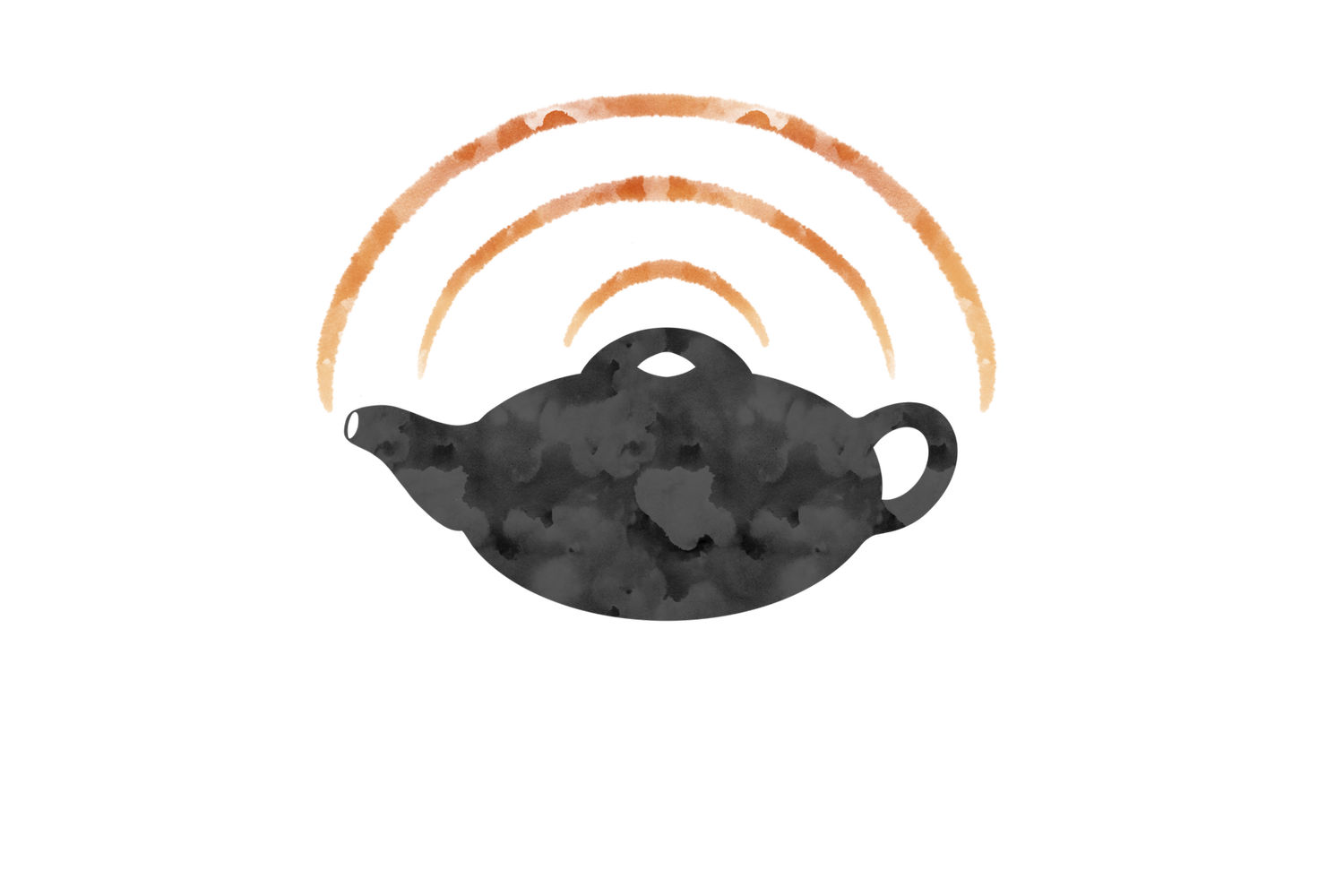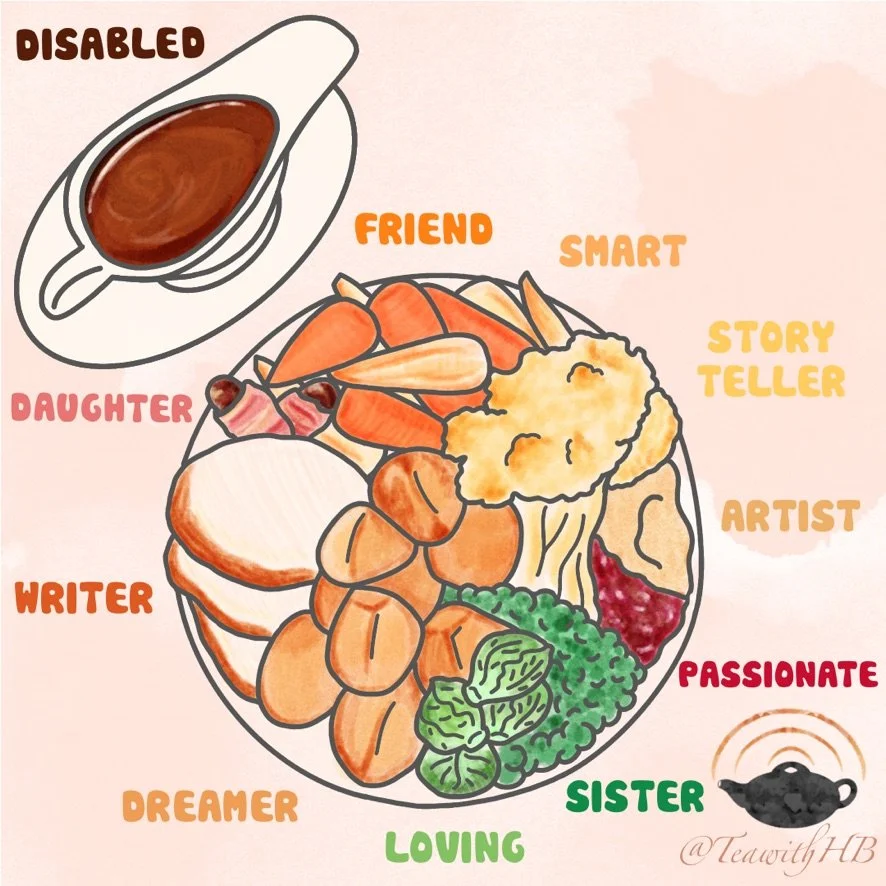Is Disability Good or Bad?
For lots of people, disability spills all over their life, like gravy on a plate, affecting the flavour of everything it touches. Some people of course, don’t have gravy at all- or, more accurately, it hasn’t been poured over their plate yet. (This is a reason many prefer the term ‘pre-disabled- to ‘able-bodied’!) For others, gravy is just on the side, only effecting them sometimes, or effecting the potatoes in particular. What I am trying to say is, whether you eat your dinner with or without gravy, it is not objectively good or bad. The rest of the food is not ruined by it. Some people find it more enjoyable to drown their plates in it!
So, why do we treat disability as if it is objectively bad? Pitiful, negative, life-ruining? Humans love categorising things, and asking ‘is disability good or bad’ is often easier than trying to understand it. Disability is scary, the worst case scenario, framed in our stories as the ultimate punishment or misfortune, but disability is a natural part of humanity. Live long enough and you’ll be disabled! And what good does it do to fear that or treat the topic as a taboo? Like everything else in life, disability is a mixture of good and bad, a nuanced myriad of experiences, feelings, and consequences. Yes, it has made my life more difficult in innumerable ways, but it has also increased my empathy, given me a community of people who are strong and kind, and opened my eyes to so many frustrating problems that I hope I can use my life to solve.
What does your plate look like? Perhaps your gravy represents mental health, or something else that has greatly affected you? Perhaps your potatoes represent your passion for biology, games, or animals? Your life has many different flavours, and this is what makes you human.


